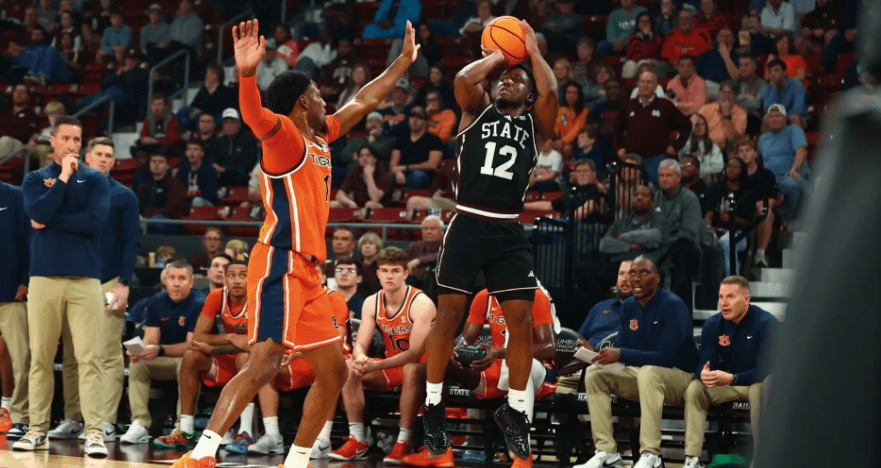
Studio portrait of Sid Salter. (photo by Beth Wynn / © Mississippi State University)
By: Sid Salter
Does the stunning $73 million verdict against gun manufacturer Remington in the 2012 school shooting at Sandy Hook Elementary in Newtown, Connecticut, that claimed the lives of 20 first-graders and six educators signal a sea change in litigation against gun makers?
In a word, no. Congress has provided near blanket legal immunity to gun manufacturers from lawsuits of this nature.
In 2005, Congress adopted the Protection of Lawful Commerce in Arms Act which shielded both sellers and manufacturers of qualified products from civil litigation brought by the victims of gun violence or their families alleging misuse of those same products.
Specifically, Congress found in crafting the PLCAA that “businesses in the U.S. that are engaged in interstate and foreign commerce through the lawful design, manufacture, marketing, distribution, importation, or sale to the public of firearms or ammunition products that have been shipped or transported in interstate or foreign commerce are not, and should not, be liable for the harm caused by those who criminally or unlawfully misuse firearm products or ammunition products that function as designed and intended.”
So just how did the Sandy Hook victims’ families circumvent that federal legal protection? Attorneys for the plaintiffs successfully argued that Remington marketed the Bushmaster AR-15-style rifle used by shooter Adam Lanza through the video game “Call of Duty” in violation of Connecticut trades practices law.
Plaintiffs identified a narrow exemption to the PLCAA protections in the Sandy Hook case. The Connecticut Supreme Court ruled Remington could be sued under Connecticut law over the marketing of the rifle. Remington appealed to the U.S. Supreme Court, which declined to hear the case.
In state and federal courts, Remington denied there was evidence to establish that its marketing had anything to do with the massacre. Remington filed for bankruptcy in 2020 under the weight of the lawsuits, and the $73 settlement will be paid by four of the company’s liability insurers.
The Sandy Hook case is seen as a victory for opponents of unfettered Second Amendment rights. But should it be seen as the harbinger of new legal victories against gun manufacturers?
Again, in a word, no.
The PLCAA is a tremendous legal shield for gun sellers and manufacturers. The National Rifle Association’s Wayne LaPierre at the time called it “the most important gun legislation in the last 20 years.”
Distinguished Georgia State University law professor and legal scholar Thomas D. Lytton, who is a national expert on the history of lawsuits against gun manufacturers, said the Sandy Hook verdict decidedly does not open the floodgates for successful civil litigation against them from victims of crime and their families.
Lytton cited the narrow path those plaintiffs had to traverse to overcome the PLCAA protections in making that assessment in an essay written for scholarly news site TheConversation.com:
“The Sandy Hook settlement leaves unanswered the scope of the federal immunity shield, which thwarted all prior attempts to hold gun manufacturers responsible for the criminal misuse of their weapons. What’s more, Remington’s reasons for agreeing to settle may have more to do with the company’s struggle to reemerge from bankruptcy than a newfound willingness among gun-makers to settle claims.
“While the settlement is a notable victory for the families of Sandy Hook’s victims, it’s still unclear if it’s a game-changer for gun control advocates,” Lytton said.
How the Supreme Court reacts to the Sandy Hook case will be closely watched in future cases, but it is in state capitols where the fight over gun rights is most volatile and active. In red states like Mississippi, with some of the least restrictive gun laws in the country and more emerging from the state legislative hopper each year, that observation is accurate both from a legal and political standpoint.











